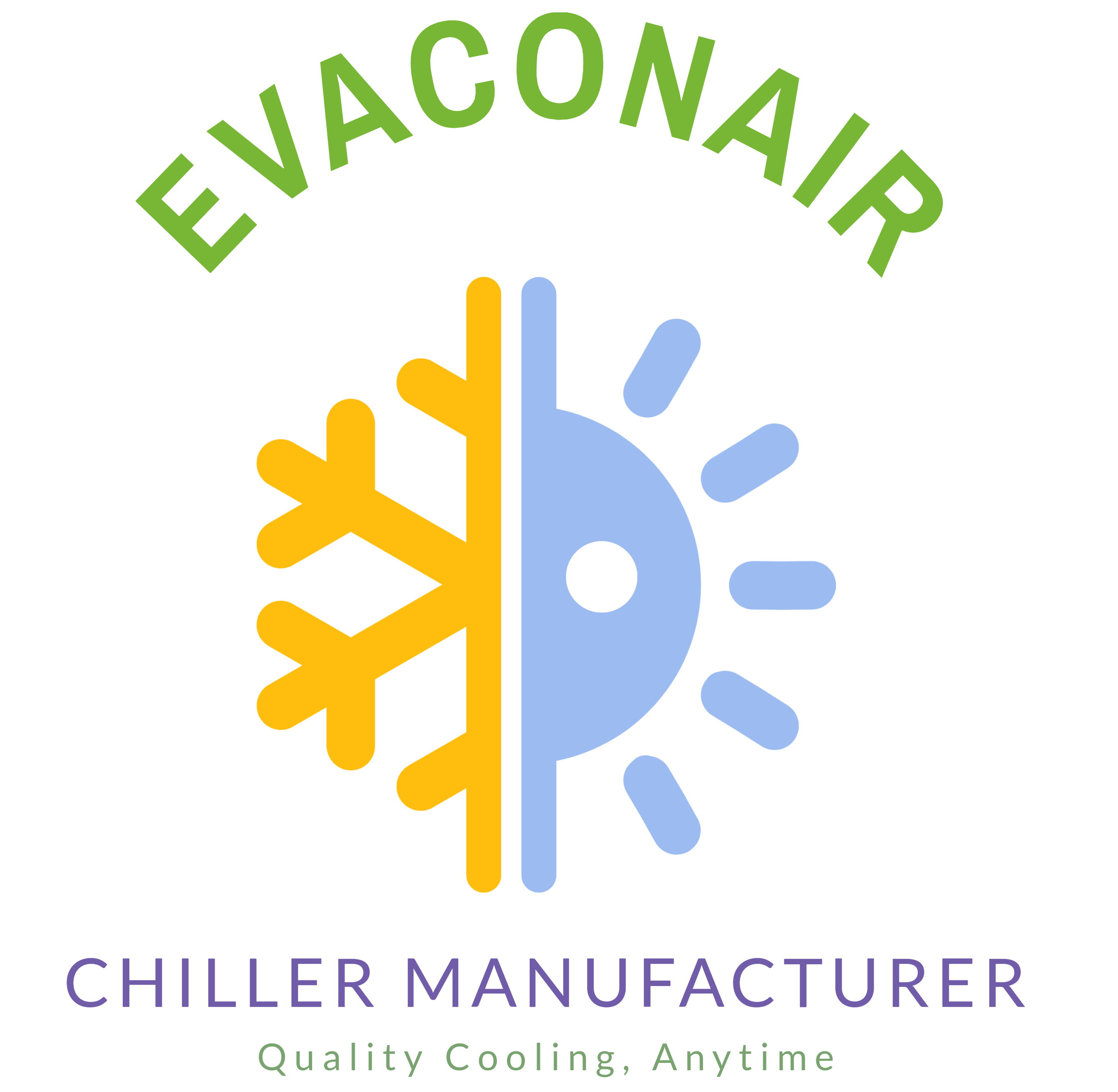Blog
The most expensive HVAC systems are typically advanced, large-scale units designed for commercial or industrial use. These systems offer superior performance, energy efficiency, and extensive features, making them a significant investment. Several factors contribute to the high cost of these HVAC systems.
Factors Contributing to High Costs
1. Advanced Technology
- Advanced Technology: High-end HVAC systems incorporate the latest technology, including smart controls, high-efficiency compressors, and sophisticated sensors. These features enhance performance and energy savings but also increase the cost. Learn more about advanced HVAC technology.
2. Energy Efficiency
- Energy Efficiency: Premium HVAC systems are designed to be highly energy-efficient, reducing long-term operating costs. However, the initial investment for these energy-efficient systems is often higher. Discover energy-efficient HVAC systems.
3. Custom Solutions
- Custom Solutions: Custom-designed HVAC systems tailored to specific commercial or industrial applications can be quite expensive. These systems are engineered to meet unique requirements, offering unparalleled performance and efficiency. Explore custom HVAC solutions.
4. Size and Capacity
- Size and Capacity: Larger HVAC systems with higher capacities are more expensive due to the materials, components, and engineering required to support extensive cooling or heating demands. Learn about large-scale HVAC systems.
Examples of Expensive HVAC Systems
1. Chilled Water Systems
- Chilled Water Systems: These systems are commonly used in large commercial buildings and industrial facilities. They offer efficient cooling for extensive spaces but come with a high price tag. Discover more about chilled water systems.
2. Geothermal Heat Pumps
- Geothermal Heat Pumps: Geothermal systems provide efficient heating and cooling by utilizing the stable temperatures underground. While they offer significant energy savings, the installation and equipment costs are substantial. Learn about geothermal HVAC systems.
3. Variable Refrigerant Flow (VRF) Systems
- Variable Refrigerant Flow (VRF) Systems: VRF systems offer precise temperature control and high efficiency, making them a preferred choice for modern commercial buildings. However, their complexity and advanced technology make them one of the more expensive options. Explore VRF systems.
4. Central Plant HVAC Systems
- Central Plant HVAC Systems: These systems serve large complexes, such as universities, hospitals, and office parks. They provide centralized heating and cooling, which requires substantial investment in equipment and infrastructure. Discover central plant HVAC systems.
Conclusion
Investing in the most expensive HVAC systems can provide long-term benefits in terms of energy efficiency, performance, and reliability. These systems are designed to meet the demanding needs of large-scale applications, offering advanced features and superior comfort. For detailed information and expert services related to high-end HVAC systems, contact EVACONAIR. Our team provides comprehensive solutions tailored to your needs.
Related posts
October 1, 2024
What is the Capacity of a 2 Ton Chiller?
A 2-ton chiller refers to a chiller system with the ability to remove 24,000 BTU/hr of heat. The term [...]
Read moreOctober 1, 2024
What is the Unit of Chiller Capacity?
The unit of chiller capacity is typically measured in tons of refrigeration (TR) or kilowatts (kW). [...]
Read moreOctober 1, 2024
What is Chiller Range?
The chiller range refers to the temperature range and cooling capacity that a chiller can handle. The [...]
Read moreOctober 1, 2024
How to Calculate Chiller Size?
Calculating the correct chiller size is crucial to ensuring efficient cooling for your specific [...]
Read more